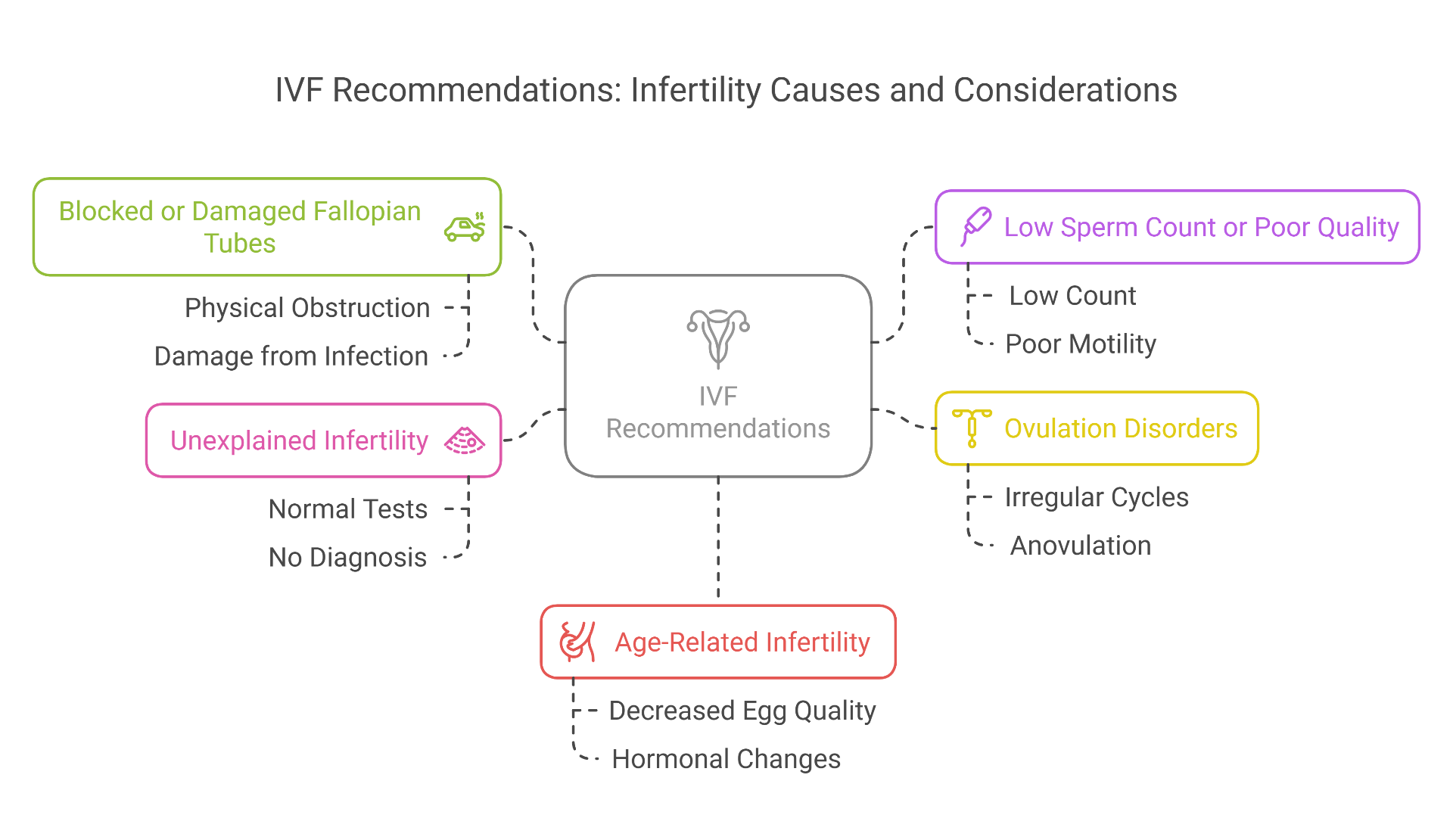Supporting Your Journey to Parenthood
Discover the guidance and reassurance you need to make every step forward with confidence and hope.
- March 6, 2025, 03:39 PM
- By Fertility Cure Centre
How Long Does an IVF Cycle Take?
How Long Does an IVF Cycle Take? One of the most common questions for couples considering in-vitro fertilization (IVF) is, "How...
Read more
- May 4, 2025, 06:41 PM
- By Fertility Cure Centre
Fresh vs. Frozen Embryo Transfer: Which One is Right for You?
IntroductionEmbryo transfer is an essential stage in the IVF process, and couples must decide whether to have a fresh transfer...
Read more
- February 28, 2025, 02:40 PM
- By Fertility Cure Centre
What is ICSI? (Intracytoplasmic Sperm Injection)
What is ICSI? (Intracytoplasmic Sperm Injection)Intracytoplasmic Sperm Injection (ICSI) is an advanced reproductive treatment intended to help couples suffering from...
Read more
- February 27, 2025, 04:41 PM
- By Fertility Cure Centre
The Step-by-Step Process of IVF
The Step-by-Step Process of IVFIn-vitro fertilisation (IVF) is a revolutionary fertility treatment that has helped millions of couples fulfil their...
Read more
- February 26, 2025, 06:57 PM
- By Fertility Cure Centre
Who Needs IVF? Common Indications
Who Needs IVF? Common IndicationsIVF, which stands for in vitro fertilization, is a fertility procedure that has been given acceptance...
Read more
- February 26, 2025, 04:25 PM
- By Fertility Cure Centre
Types of IVF: Traditional vs. Mini-IVF
Types of IVF: Traditional vs. Mini-IVF In-vitro fertilisation, or IVF, has transformed fertility treatment and helped many couples to become parents....
Read more
- March 26, 2025, 04:55 PM
- By Fertility Cure Centre
What is IVF and How Does It Work? Step-by-Step Guide for Beginners
What is IVF and how does it work? In vitro fertilization, commonly known as IVF, is one of the most advanced...
Read more
